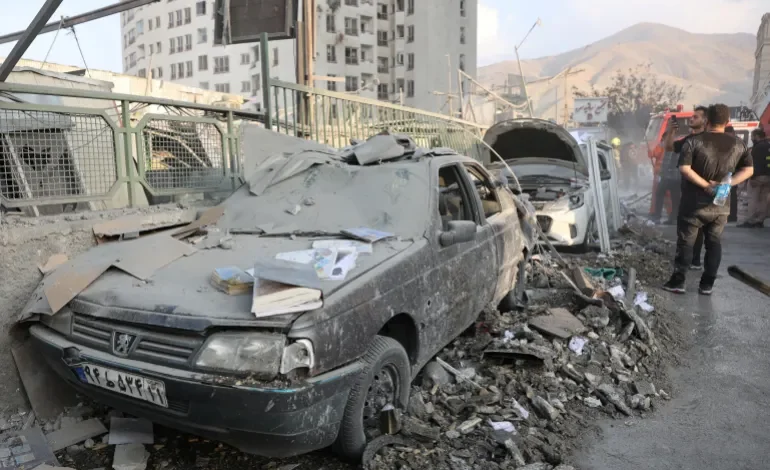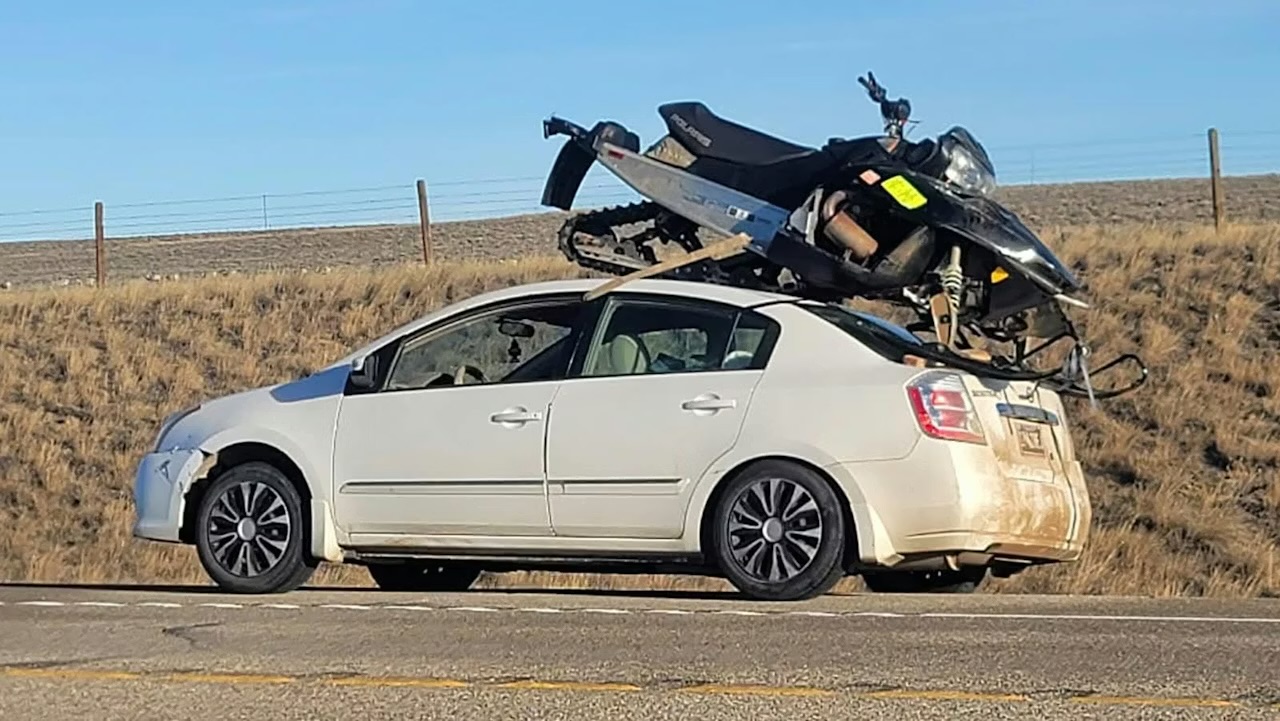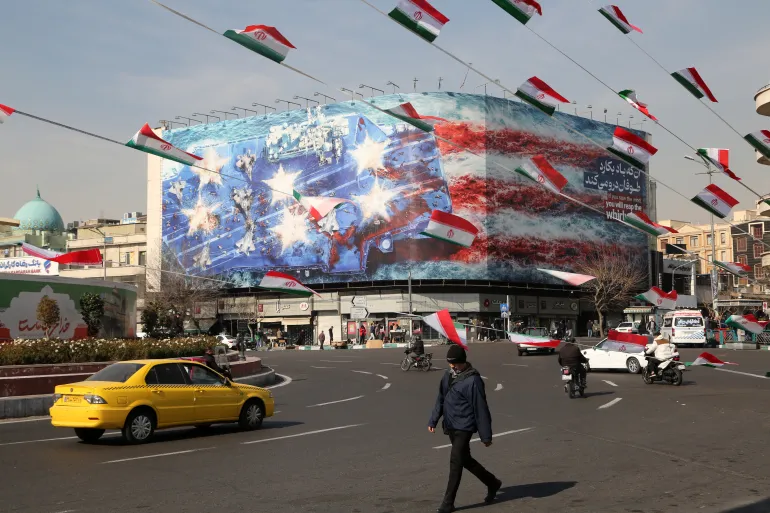Iran Launches Wave of Drones After Israeli Airstrikes Target Nuclear Facilities

In the aftermath of Israel’s large-scale air assault on Iran early Friday, Tehran responded by launching approximately 100 drones toward Israeli territory, escalating tensions and raising fears of broader regional conflict.
Brigadier General Effie Defrin, a spokesperson for the Israeli military, confirmed the drone launch, stating:
“Iran launched approximately 100 UAVs towards Israeli territory, which we are working to intercept.”
A military source later told The Associated Press that many of the drones were being intercepted outside Israeli airspace.
Sirens were heard across Israel, and the military issued new civil defense guidelines, restricting activity to essential operations only. The directive includes a ban on schools, public gatherings, and non-essential workplaces. Israel’s Transport Ministry also announced the closure of its airspace to all incoming and outgoing flights until further notice.
Iran’s aerial retaliation sent shockwaves beyond Israeli borders. In Jordan, sirens blared over Amman as Iranian drones approached the region. Jordanian state media reported that the country’s air force intercepted multiple drones and missiles within its airspace.
According to a senior Jordanian military official, the decision to intercept was based on an assessment that the projectiles posed a danger to civilian areas.
Meanwhile, Iraqi security officials, speaking anonymously due to the sensitivity of the situation, reported that the drones were tracked as they crossed Iraqi airspace en route to Israel.
Despite the scale of Israel’s initial offensive and Iran’s response, the International Atomic Energy Agency (IAEA) reported no radiation leaks at Iran’s key nuclear sites, including Natanz and the Fordow fuel enrichment plant. However, the Israeli campaign—dubbed “Rising Lion”—did cause widespread damage and led to the deaths of several high-profile Iranian figures, including IRGC commander Hossein Salami, armed forces chief Mohammad Bagheri, and two prominent nuclear scientists.
In a strongly worded statement, Iran’s Supreme Leader Ayatollah Ali Khamenei warned Israel to prepare for a “bitter and painful fate,” while Tehran’s Foreign Ministry declared it had a “legal and legitimate” right to retaliate, accusing the United States of complicity in the attacks.
U.S. Secretary of State Marco Rubio, in a statement late Thursday, denied American involvement in the Israeli operation.
“The United States was not part of the strikes,” he said, urging Iran not to retaliate against U.S. personnel or interests in the region.
Meanwhile, efforts to revive nuclear diplomacy between Washington and Tehran remain stalled. Though the two sides have held five rounds of talks since April, a breakthrough remains elusive as President Donald Trump pushes for a new agreement to curb Iran’s uranium enrichment.
With input from Al Jazeera









The latest news in your social feeds
Subscribe to our social media platforms to stay tuned